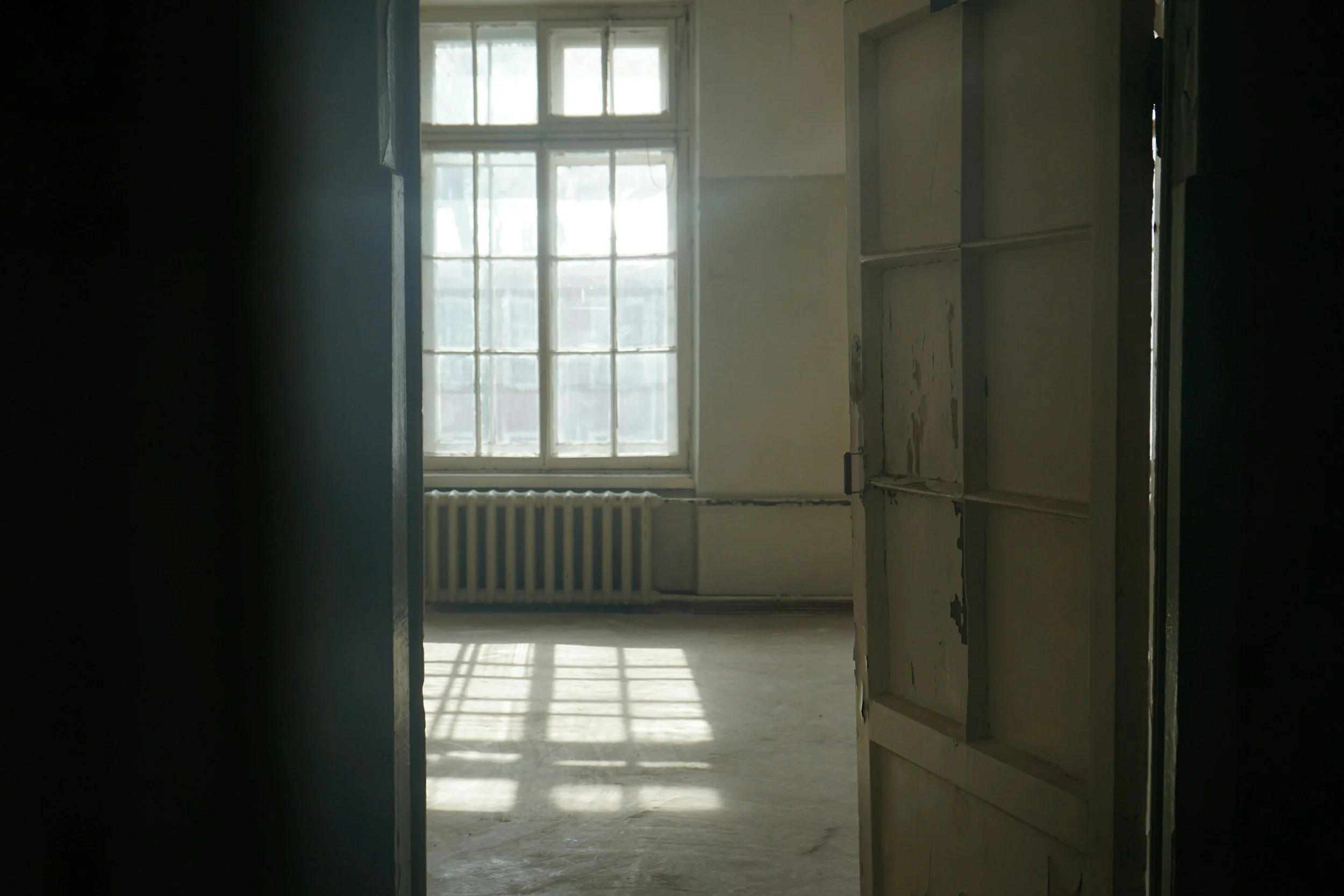Are More People Turning Away from Monogamy and to Open Relationships?
Before I attempt to answer this question, I’m going to explain how I – someone who practices non-monogamy – define monogamy and open relationships/non-monogamy.
Monogamy is the most well-known and ‘traditional’ Western relationship type: when you’re with someone, you’re expected to only ever interact romantically or sexually with them whilst you’re together. On the contrary, an open relationship is one where the potential to interact romantically or sexually with other people outside of the relationship is welcomed by everyone involved.
So, if monogamy is so widely accepted as ‘normal’, default, and plastered all over the media (who else watched The One?), why are open relationships so attractive to some?
I’ll answer this from my perspective: monogamy feels too restrictive, like I have to ‘give up’ on doing certain things that I want to do; perhaps I’m really into something that my partner isn’t and I don’t want to break up with them in order to get it from someone else; and I don’t see anything inherently wrong with sharing intimacy with others, as long as everyone is aware.
So, I’ve covered why it’s enticing (at least, to me), but are more people turning away from monogamy these days?
The consensus is that younger people are more open to the idea of non-monogamy versus older generations. According to YouGov research (in America) about half of all millennials were open to non-monogamy, which was a massive lead over older generation. When I look at the graphs on their website, 68% of Americans would not be okay with this at all, but out of all age groups, the highest percentage of people would be okay with it depending on the situation were between the ages of 18 and 29 (26%), whereas the highest percentage of people who would be okay with it, period, was 9% (people between 30 and 44).
I’m only focusing on age because if open relationships are becoming more palatable, I assumed that that would be reflected in how many people of a certain age were attracted to the idea. People are – generally – a product of their generation, so the fact that older people are generally less okay with it must mean that people weren’t engaging with it as much decades ago. To back this up further, only 1% of Americans over 50 have engaged in an open relationship compared to 4-9% of the general sample size.
That being said, I won’t get too ahead of myself as it’s very hard to truly measure how common or not non-monogamy is. Sex educator, Charlie Glickman, explains why:
‘Part of that is that there isn’t a good definition of the term that enough people recognize, so the research is tricky. It’s also difficult to get people to be honest about their sex lives, even when it isn’t outside the norm. Plus, when people try to research these things, they often have to work with a convenience sample, such as people who go to swinger parties or who are part of an online group for those in non-monogamous relationships. So there’s no way to know if the same numbers apply in a more general sense’.
So, I’m pretty certain that non-monogamous relationships are becoming more acceptable, but there isn’t an easy way to find out how many people are in open relationships or not. I know more people in open relationships now than I did ten years ago, but that’s almost exclusively due to moving to a very liberal location (Bristol).
It could also be said that what’s popular in the media aligns with what’s acceptable, ‘normal’, or ‘trendy’ at that time. If that’s the case, the only media portrayals of polyamory, open relationships, or non-monogamy I’ve seen have been from the past fifteen years, but they’ve been few and far between. The ones I’ve noticed have been: You Me Her (2006-2010), Easy (2016-2019), Trigonometry (2020), and a brief portrayal in 2021’s Soulmates. Of course, there will be several that fit outside of this period, but that’s just what I’ve noticed the most.
Furthermore, due to living in an internet age, it’s easier to be exposed to alternative lifestyles which could lead to wider acceptance and understanding. Metro follows this point by saying that ‘this has the potential to lead to decreased discrimination against these groups as well as people considering these relationship styles for themselves.’ So, more people could be considering open relationships due to wider representation or exposure to them; like me - I didn’t consider being in an open relationship until I realised it was feasible, and because I saw more people in them. Some dating websites are now following suit by offering an open relationship option!
So, are more people turning away from non-monogamy in favour of open relationships? I would say yes, but that’s not to imply that monogamy will become obsolete or relegated to minority status; sociologist Dr Ryan Scoats agrees by saying that ‘it’s unlikely polyamory will overtake monogamy, [though] he does think it will grow massively in popularity’. Our society has accepted monogamy as the norm for so long that it’s hard to imagine a world where it isn’t, but we’re certainly more open to different relationship styles than we were decades ago.
Written by Shanade McConney
My name is Shanade and I’ve been passionate about writing for as long as I can remember. I've been known to play Fortnite for an obscene amount of time, I love putting a good outfit together, and I process life insurance applications near Bristol, where I’ve been based for 2 years. I’m trying to live my best life, whatever that might look like, and hope I never lose sight of the things that bring me joy.











